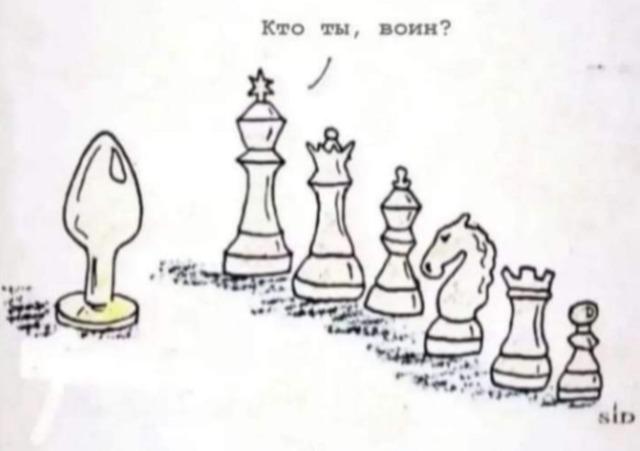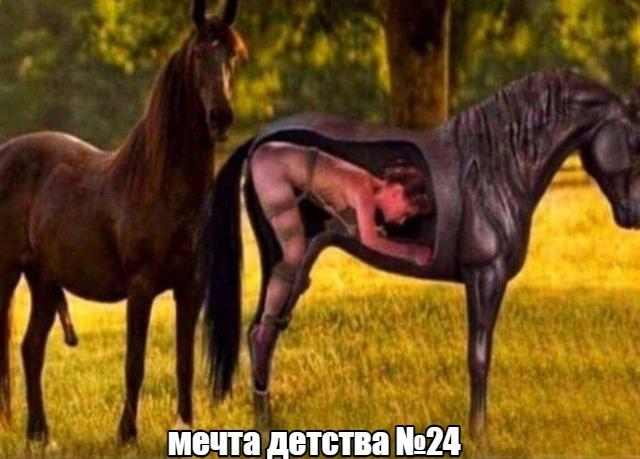
2024 06 10 01:54
16
UNITED STATES Columbia

2025 02 16 08:41
11
UZBEKISTAN Tashkent


2024 06 27 14:12
11
UNITED STATES Columbia

2025 01 26 14:25
52
UZBEKISTAN Tashkent


2024 06 06 13:30
8
UNITED STATES Columbia

2025 01 19 23:28
49
UNITED STATES Springfield


2024 06 06 13:17
3
UNITED STATES Columbia
Memes, demotivators, funny pictures, photo jokes
A meme is a unit of cultural information (imitation, parody, moral lesson) capable of replicating and spreading from one user to another.
A meme can be considered as a verbal expression, as well as images, pictures, activities, videos, or sound that had some significance and gained popularity on the internet.
In the Russian internet space, the meme "превед" gained wide popularity. It quickly spread across blogs and forums in February 2006. The meme triggered a wave of publications in newspapers, on television, and became a part of the everyday lexicon of many young people. In Russian popular culture, a track called "Привед-медвед" was even recorded.
Usually, memes are pieces of information voluntarily shared by internet users from one another, primarily for entertainment purposes. However, does it have socially significant consequences? For example, by altering public beliefs, influencing child audiences, or affecting loyalty towards politicians. In other words, are memes a tool of so-called "social engineering"?
But not all information is suitable for spontaneous and uncontrollable dissemination, only those that in some way leave users passionate about it and influence their fundamental emotions are suitable for dissemination.
In general understanding, memes are graphical images overlayed with text, also known as "funny pictures". They can be modified, combined, or separated into parts to form new memes, edvices, and funny photos, competing with each other for resources (people's minds), and thus subject to natural selection. This format has gained widespread popularity and become an integral part of mass culture and various subcultures on the internet.
An information message can take any form, from simple memes with text overlaid on photos to memes with sound effects, which are known as "Cubs" and "Vines." Memes can cover any topic and are spread across various blogs, forums, and social media. Over time, they become popular. Such memes are considered to be a form of media virus.
Various emotions are represented through different symbols, such as emojis, in many forums and chats. These emotions don't spread on their own as something interesting. However, expressions of human emotions and states that have become popular and continue to spread on the internet have emerged. An example of this is the popular online expression "facepalm" which, in this case, is the physical gesture of placing one's hand on one's face. From a person's emotional state, this gesture indicates sadness, despair, shame, and disappointment. The internet representation of this gesture can take the form of emojis, the word "facepalm," or a meme featuring a character with a hand near their face, such as one of the characters from "Star Trek."
A similar example of expressing emotions is the acronym LOL, which means "laugh out loud." This Internet slang is usually used in online communication, for instant message transfer. Other acronyms, such as "101," have also appeared, but they have yet to gain the same popularity.
In addition to memes that reflect the emotional aspect, funny pictures that parody different things have become popular and continue to gain popularity.
This type of humor can be seen in the form of demotivational posters, which have a distinctive feature in their design. The image is surrounded by a black frame, and the text is at the bottom. It should also be noted that it is an outdated meme format.
The most popular format is a meme with text overlaid directly on a photo, which can be a random photo or an advertisement with a popular character. Speaking of formats, an image with a black background at the top or bottom, with text on a black background, is considered a newer type of demotivator.
There are many diverse memes, but not all of them reach the peak of popularity. Here, you have learned only a small part of the concept of memes and funny photos. For more information on memes, use our website.
















